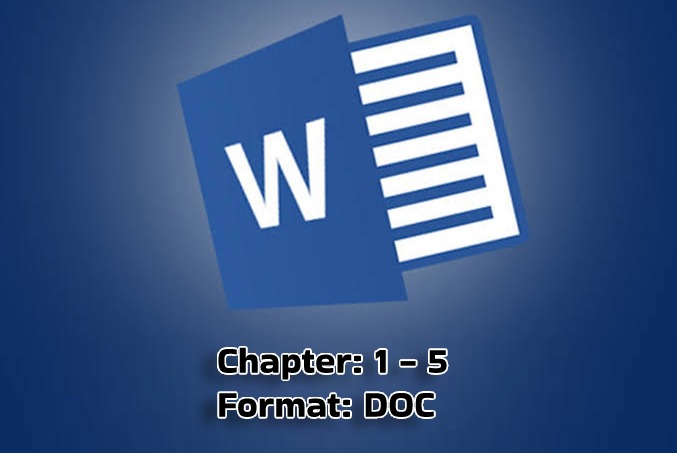Description
ABSTRACT
Political stability in Nigeria has led to a marked improvement in the
general operating environment in the country. Hence capital maintenance
is looked into in the period of inflation as the only way out.
The word inflation is not a new phenomenon; it has been
experienced by most countries in the world at some stages in their history.
Mere looking at this statement, ones mind will really run to developing
countries; but it is history that the UNITED KINGDOM in 1974 when they
could no longer sit back and watch inflation ruin them set up the Inflation
Accounting Committee with Fianers Sandilands as chairman, to look into
the problem.
Since Nigeria’s inflationary trend is monetary, prices have been
rising because many people including the government have been spending
it. This is to say that uncontrolled inflation can dislocate the economy and
can cause social upheaval. As such, this may create havoc if left
uncontrolled.
TABLE OF CONTENTS
Title page II
Approval page III
Acknowledgement IV
Table of contents VII
Abstract V
CHAPTER ONE
1.0 Introduction 1
1.1 Statement of the problem 10
1.2 Objective and Purpose of Study 11
1.3 The Research work hypothesis 13
1.4 The scope and limitations of the study 14
1.5 Definitions of terms 16
CHAPTER TWO
2.0 Literature Review 18
2.1 Historical Background 18
2.2 Capital 21
2.2.1 Capital accumulation structure 23
2.3 Inflation 25
2.3.1 Types, causes and effect of inflation 26
2.3.2 Inflation and asset choice 30
2.3.3 Inflation, taxation and corporate decisions 32
2.4 Capital maintenance and profit determination 46
2.5 Accounting and Inflation 52
CHAPTER THREE
3.0 Research Design 70
3.1 Sources of data 70
3.2 Method of data analysis 72
3.3 Area of study 75
CHAPTER FOUR
4.0 Analysis and Interpretation of data 76
4.1 Data presentation 76
CHAPTER FIVE
5.0 Summary, Recommendation and Conclusion 91
5.1 Summary of findings 91
5.2 Conclusion 93
5.3 Recommendation 94
BIBLIOGRAPHY 97
QUESTIONNAIRE 99
CHAPTER ONE
INTRODUCTION
The word inflation is not a new phenomenon; it has been
experienced by most countries in the world at some stages in their history.
Mere looking at this statement, ones mind will really run to developing
countries; but it is history that the UNITED KINGDOM in 1974 when they
could no longer sit back and watch inflation ruin them set up the Inflation
Accounting Committee with Fianers Sandilands as chairman, to look into
the problem. Even the almighty UNITED STATES OF AMERICA went
through it sometime in sixties before they come to present economic
stability. So, one will not be surprise when countries like ours and some
other like the Asian countries and even Latin American countries are
mentioned as suffering from this CANKER WORM called inflation.
There are so many definitions on inflation. Solow (1979), for
instance, sees inflation as going on when one need more and more money
to buy some representative bundle of goods and services, or a sustained fall
in the purchasing power of money. It is a sustained rising trend in the general price level or put in another way, it is a high and persistent rise in the price level.
Inflation is a rise in the general level of all goods and services. The
general price level thus varies inversely with the purchasing power of a unit
of money. For example if prices double, purchasing power decreases by
one-half. If prices halve, purchasing power doubles. Therefore, inflation is
also a reduction in the purchasing power of a unit of money. The opposite
of inflation is deflation.

